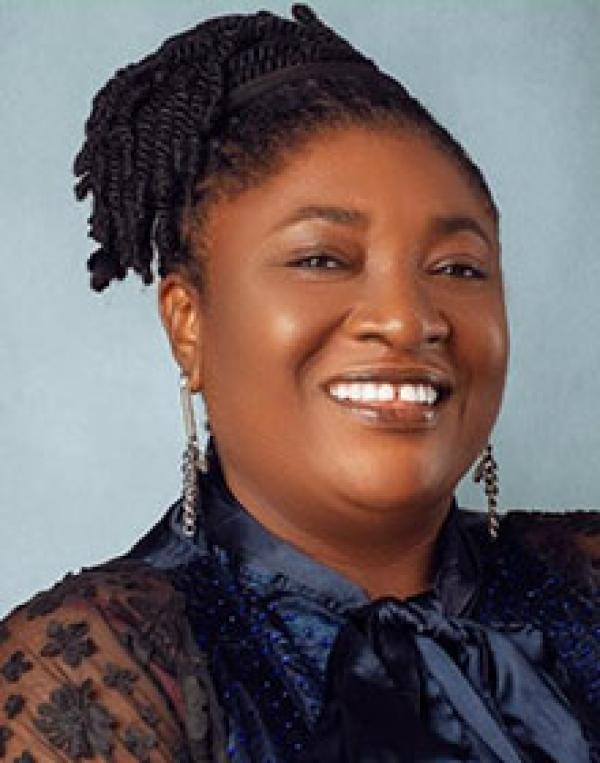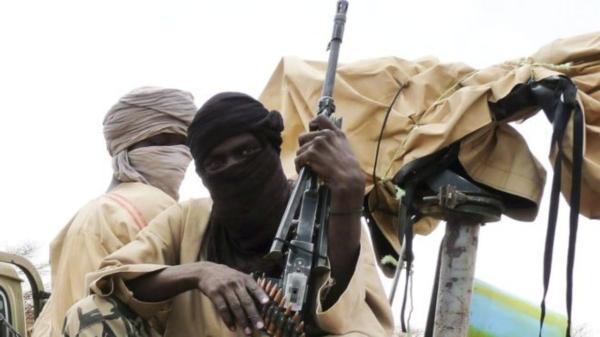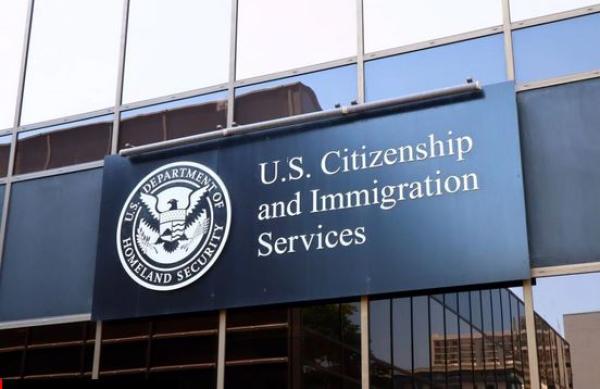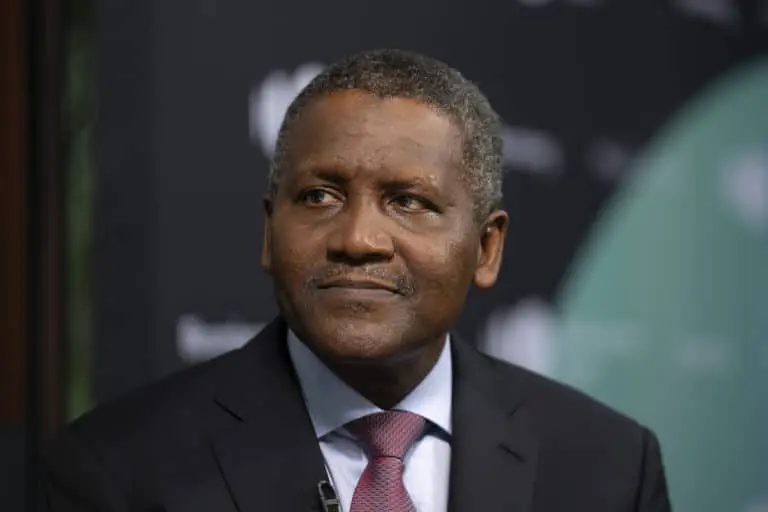
In a compelling keynote address at the 6th Annual Conference of the Institute of Education, held at the ICT Main Conference Hall of Obafemi Awolowo University on Tuesday, April 8, 2025. Themed "Insecurity and Poverty: Banes of Educational Development in Nigeria," Prof. Ruth Ochanya Adio-Moses—the Head of the Department of Peace, Security and Humanitarian Studies and Director of the Institute for Peace and Strategic Studies—shed light on two of Nigeria's most pressing challenges: insecurity and poverty, the conference convened esteemed educators, policymakers, and scholars to discuss solutions for enhancing educational development amidst these pervasive issues.
Standing before a captivated audience, Prof. Adio-Moses stated, "Education serves as the foundation upon which national development is built. It is a critical driver of economic growth, human capital development, and societal transformation." However, she lamented that, "this transformative power is being undermined by two interrelated challenges namely: insecurity and poverty."
Drawing on alarming statistics from UNESCO, she revealed that Nigeria has the highest number of out-of-school children globally, with around 20.2 million children and adolescents not receiving formal education. "This alarming statistic is not merely a reflection of administrative inefficiencies but is deeply rooted in structural challenges—chief among them, endemic poverty," she expressed, articulating how poverty acts as a "silent killer of educational dreams."
Prof. Adio-Moses painted a vivid picture of the impact of poverty on education in Nigeria, noting that approximately 133 million Nigerians—63% of the population—experience multidimensional poverty. "Families are now compelled to prioritize survival over education, leading to increased dropout rates and an alarming rise in child labor," she warned. "The lack of education among families perpetuates a cycle of poverty, as education is the primary force behind economic progress."
The intersection of insecurity and poverty creates a complex crisis in Nigeria, exacerbating educational challenges. Prof. Adio-Moses emphasized that these factors reinforce each other, resulting in drastic reductions in school enrollment, increased dropout rates, and deteriorating learning outcomes. She cautioned against the consequences of such a landscape, particularly the closure and destruction of schools and the widening gender disparities in education.
Despite recent government initiatives aimed at improving the educational sector—including the Digital Training Academy, a Skill-Driven Secondary School Curriculum, and the Smart Schools Project—she pointed out significant gaps remain. "Inadequate funding for education and security, poor coordination between government and stakeholders, and corruption stand as formidable barriers to progress," she noted.
Though the challenges are formidable, Prof. Adio-Moses remained optimistic. "If we are committed to seeing a Nigeria where every child has access to quality education, we must take decisive action." She called for strengthening security measures in schools, expanding social welfare programs, and promoting community engagement, emphasizing the need for a collaborative effort involving governments, civil society, educators, and parents alike.
As she concluded her address, Prof. Adio-Moses made a powerful recommendation: the integration of 'Peace Education' into the curriculum. "Peace education instills values such as tolerance, conflict resolution, and social responsibility—essential components for building a peaceful and stable society," she asserted, underscoring that its implementation could significantly mitigate security challenges and foster a conducive learning environment.
Her resounding message was clear: "The security and economic prosperity of Nigeria hinge on an educated population. We must work together to dismantle the barriers of insecurity and poverty that hinder our educational progress. With collective effort and unwavering commitment, we can build a future where every Nigerian child has access to safe and quality education."
The conference wrapped up with the presence of several prominent figures in education, including Prof. R.W. Okunloye, Prof. T.O. Bello, Prof. H.O. Ajayi, Prof. A.S. Bamire, Prof. O.S. Agboola, and Dr. Joshua Salami, among others. As attendees left the Conference Hall, they carried with them a renewed commitment to champion a resilient education system capable of overcoming the pressing challenges posed by insecurity and poverty in Nigeria.




















